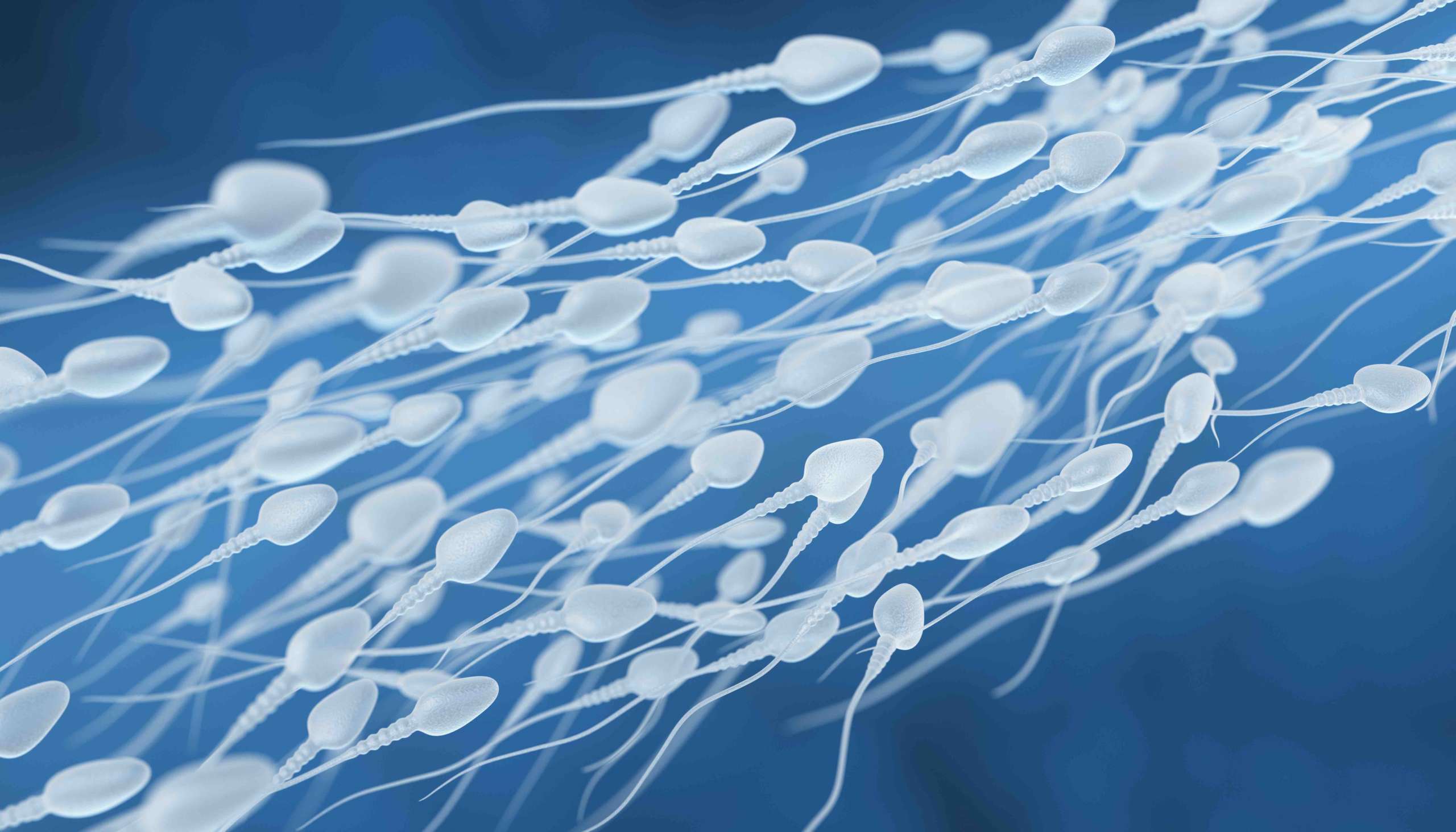Male infertility refers to a male’s inability to cause pregnancy in a fertile female. In India, it accounts for 40-50% of infertility. It affects approximately 7% of all men. With lifestyle changes and stress, the problem of male factor infertility is on the rise and thus has taken the attention of many researchers and infertility specialists with the increasing need of public awareness.
The causes of male infertility may be testicular, testicular or post testicular. The common predisposing factors include heat exposure, mumps, radiation exposure, stress, environmental toxins, chromosomal problems, blockage in the pathway carrying sperms, smoking, alcohol abuse and so on.
Male infertility is usually diagnosed on a thorough history, physical examination and semen analysis.
The volume of the semen sample, the approximate number of total sperm cells, sperm motility/forward progression, and percentage of sperm with normal morphology is measured. This is the most common type of fertility testing. Semen deficiencies are often labelled as follows:
* Oligospermia or Oligozoospermia – decreased number of spermatozoa in some
*Aspermia – complete lack of semen
*Hypospermia – reduced seminal volume
- Azoospermia – the absence of sperm cells in semen
- Teratospermia – increase in sperm with abnormal morphology
- Asthenozoospermia – reduced sperm motility
There are various combinations of these as well, e.g. Teratoasthenozoospermia or oligoasthenoteratozoospermia.
In a few cases, the doctor might advise certain adjuvant tests such as serum FSH, testosterone, a genetic study, scrotal sonography, or a DNA fragmentation test.
Some strategies suggested for avoiding male infertility include the following:
- Avoiding smoking as it damages sperm DNA
- Avoiding heavy marijuana and alcohol use.
- Avoiding excessive heat to the testes. (Tight clothing, working in high-temperature environment, using laptop over lap, sauna bath etc)
- Sperm counts can be depressed by daily coital activity and sperm motility may be depressed by coital activity that takes place too infrequently (abstinence 10–14 days or more).
- When participating in contact sports, wear a Protective Cup and Jockstrap to protect the testicles to prevent injuries.
The treatment modalities vary according to the underlying disease and the degree of the impairment of the male fertility. Further, in an infertility situation, the fertility of the female also needs to be considered.
Pre-testicular conditions can often be addressed by medical means or interventions.
Testicular-based male infertility tends to be resistant to medication. Usual approaches include using the sperm for intrauterine insemination (IUI), in vitro fertilization (IVF), or IVF with intracytoplasmatic sperm injection (ICSI). With IVF-ICSI even with a few sperm pregnancies can be achieved.
Obstructive causes of post-testicular infertility can be overcome with either surgery or IVF-ICSI. Testicular sperm aspiration (TESA) can help retrieve viable sperm even with males having azoospermia. Ejaculatory factors may be treatable by medication, or by IUI therapy or IVF.
Oral antioxidants given to males in couples undergoing in vitro fertilisation for male factor or unexplained subfertility result in a significantly higher live birth rate.
IMSI is the latest technology in which morphological normal sperms can be selected under a very high magnification (7200 times) microscope and followed by ICSI to improve fertilization rate.
Recently under development is the revolutionary stem cell therapy to regenerate sperms.
We have a solution for almost all of the causes of male infertility. We have a state-of-the-art ART centre with all the latest modalities including ICSI and IMSI (the first in Pune) and in-house embryologists who are trained at semen analysis and processing. Our team works relentlessly in helping many childless couples realize their dreams of parenthood.



